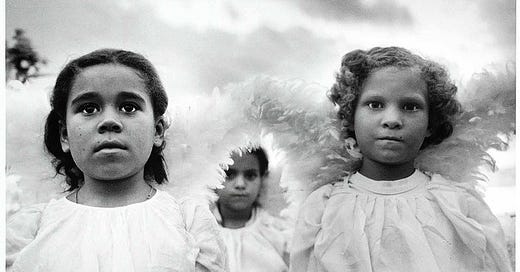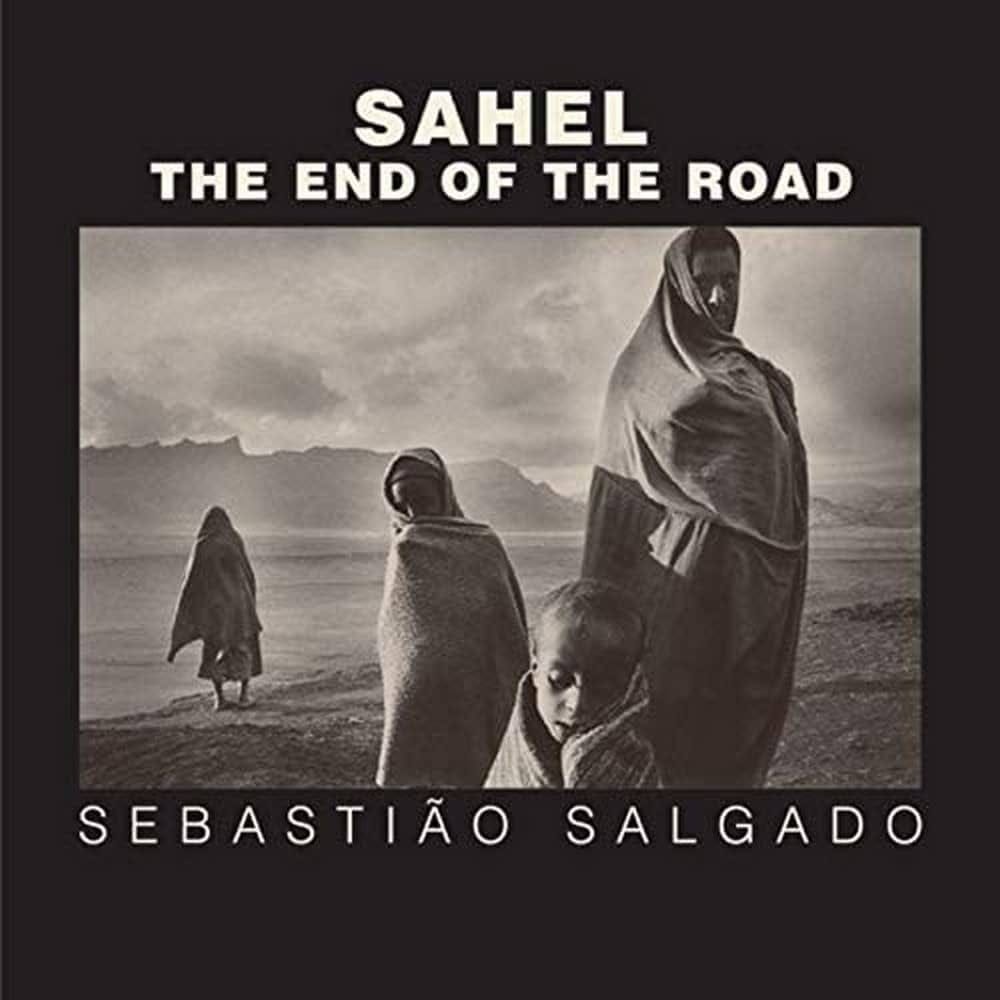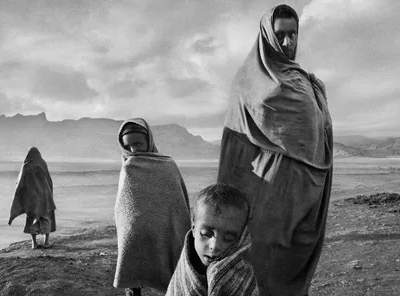Sebastião Salgado’s death came as a shock to me, as to so many. He had been a friend for some forty-five years and we worked on quite a few projects together. His legacy is enormous and the grief is widespread, throughout the world.
I thought to share with you an essay I wrote on the difficulties that we encountered in publishing his photographs of the famine in the Sahel region of Africa, where hundreds of thousands of people died, in the United States. Now, given his status, it may be difficult to understand what it was like then for him in the 1980s as he was starting out, still relatively unknown. He had many challenges to overcome before he could realize his larger, eloquent vision of empathy and caring for people and the planet on which we live.
Attached to this post is my 2003 essay, “Twenty Years Ago, and Later,” for Sahel: The End of the Road, a book of his photographs that had been made nearly two decades before. It was published by the University of California Press (other books of this work were previously published in France and Spain). Ken Light, a professor at the UC Berkeley Graduate School of Journalism and a distinguished documentary photographer himself, was pivotal in having this book by Sebastião published in the United States.
Below is also a link to a video in which Ken Light, on the occasion of the publication of this book, introduces the work of several important social documentary photographers and then moderates a discussion between Sebastião and myself, “The Photographer as Activist.” It offers, even more so in retrospect, compelling insights into how Sebastião thought about himself, his work as a photographer, and his relationship to the world.
I will be writing more in the coming weeks about Sebastião’s work and its impact.
My deepest condolences to his wife and collaborator, Lélia Wanick Salgado, to their two children Juliano and Rodrigo, and to their grandchildren. And, of course, to all who knew Sebastião, and to the many who have been inspired by him.
“Sebastião Salgado: The Photographer as Activist” at the UC Berkeley Graduate School of Journalism in 2004 with Ken Light and Fred Ritchin.
Please consider becoming a paid subscriber. Your support would be most helpful.






